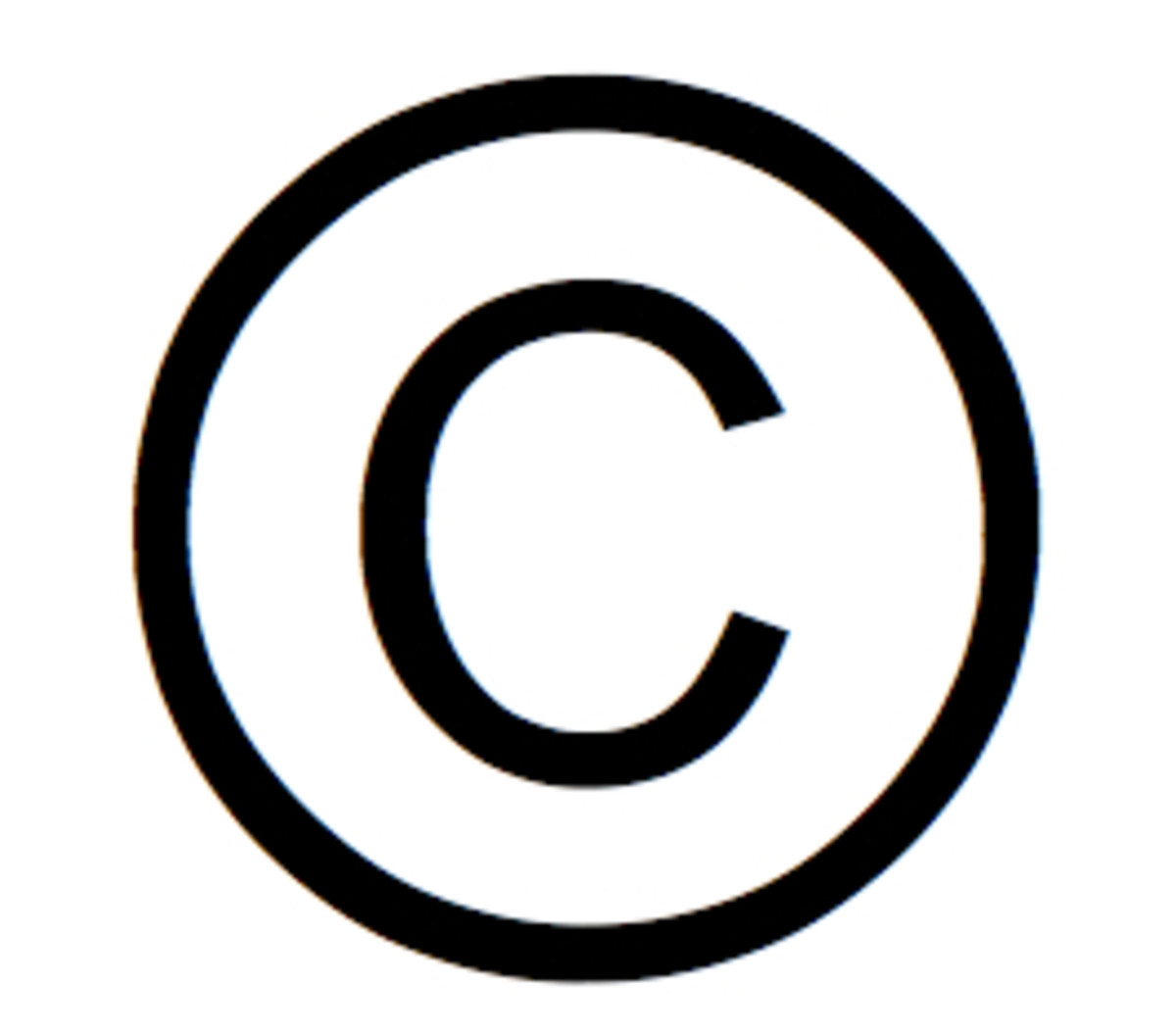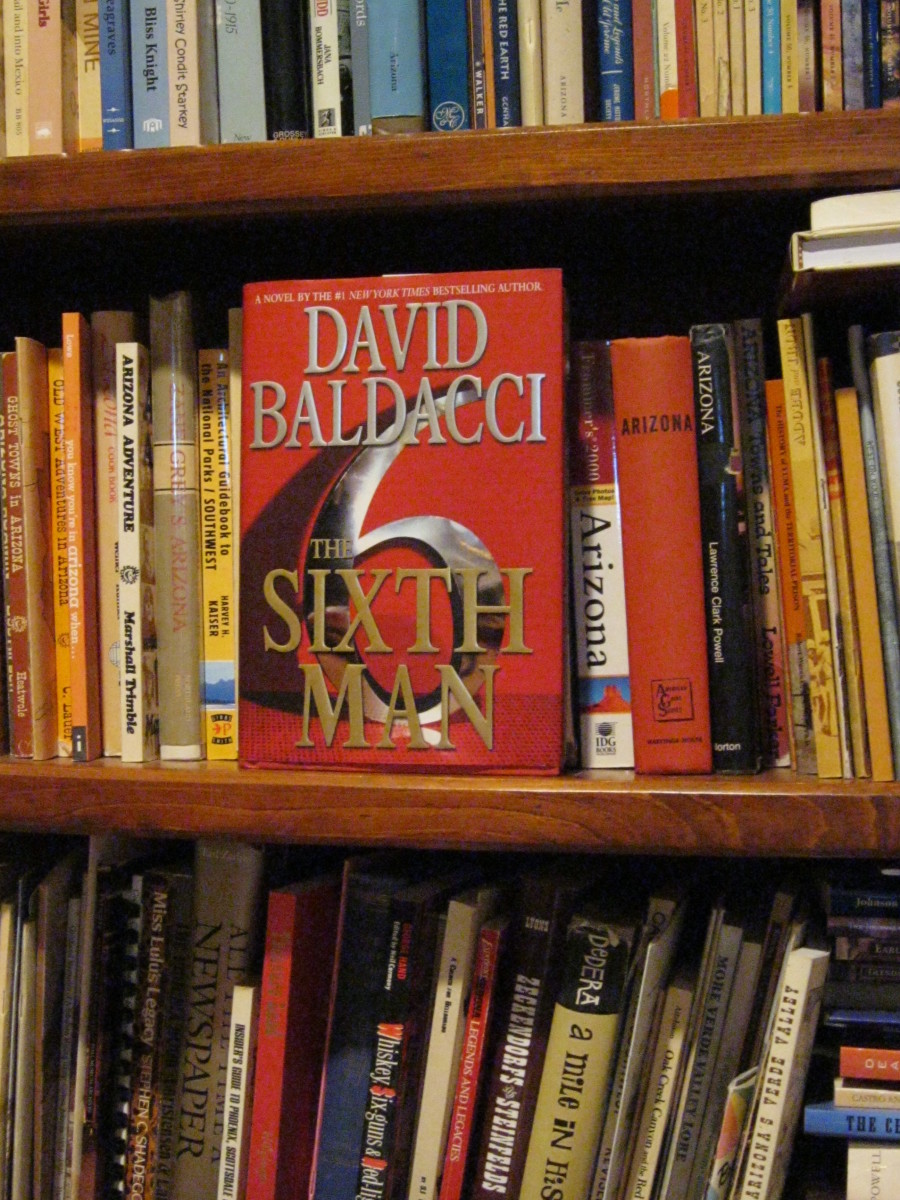How To Write A Personal Statement For University

What Is It?
When applying to university, they request lots of different documents to ensure that they can pick out the best candidates. What you need to do is make sure that the best candidate is you! As well as exam results and references, the university need to find out what you are like as an individual, so the personal statement or college essay is a way to express yourselves and give your application a voice. If you are on track for the necessary grades, your personal statement can make or break it, so make every character of the allocated 4,000 count.

Tips & Advice
Content
- Go sparingly; you only have 47 lines or 4,000 characters to thoroughly impress your reader, so make sure everything you write is relevant. Go through and delete any adverbs or adjectives when you're finished, just to make sure it is as concise as possible: 'I enjoy school' is just as good as 'I enjoy school hugely'.
- Extra-curricular activities; these are your hobbies and interests that will make you stand out from the rest. Mention your Saturday job, awards and clubs, but the most penetrating extra-curricular activities are those that directly link to the subject in which you are applying; work-experience at a nursery should be written in far more detail in an application to teaching, rather than medicine. Every activity should be followed by a brief explanation of how it has helped you develop. However this should not dominate your statement and universities differ on their emphasis on this; Nottingham, for instance find this part more significant that Oxford does.
- Your subject; make sure you mention your chosen subject throughout! They are tutors who love their subject and want to know why you do too. Mention what aspects interest you the most, what you find rewarding, how long you've been interested in it and maybe include some specific examples. If you're applying to English Literature perhaps write about and analyse a book you've read recently.
- Be original; it's important not to copy someone else's statement because you're really not selling yourself. You need to remember throughout that these people have read thousands of personal statements and so you need to make them remember you. Instead of writing about your swimming certificates, write about your volunteering in Peru: something that makes you different. That also goes for your subject; don't write about The Russian Revolution in general when you can write about Leon Trotsky.
- The Future; many people suggest that you conclude your personal statement with reference to the future, to show you are motivated and enthusiastic about your university experience and course. Tell them why you're going to be a good student and how and why you're so excited to be joining their degree program.
- Don't lie! Sounds obvious, but it's extremely tempting to throw in some little white lies to make you sound more interesting and intelligent. I myself fell in this trap, saying that I had read 'A Portrait Of The Young Man As An Artist' and then forgot, only to have a panic when invited to interview with a weeks notice! You have been warned...

Style
- Avoid Repetition; if you have nothing left to say, simply stop writing: you need to keep the reader engaged. Speaking of boring style, try and avoid cliches, for obvious reasons.
- Grammar and spelling; it really doesn't look good if someone is applying to higher education and still can't use paragraphs. Take extra care to make sure every word is of standard spelling - even if you're not applying to Maths your writing technique will influence how the university perceive you. Keep it formal too: stay away from abbreviations like 'demo' or contractions like 'wouldn't'.
- Make it interesting; for example, don't use the word 'interesting'! Some words thousands of people use; one tutor forbade me from ever using the words 'passion' or 'fascinating' because they've read them so many times. Every sentence should not start with 'I'. A tinker with your vocabulary can spice it up a bit, but only use words you can use confidently. If you're feeling brave you could even start off with a quote, but some tutors hate this, while some love it. But don't be too brave. Remember this is a formal document, so no slang and try and steer clear of jokes.
- Don't be verbose; once you've made it interesting it can be tempting to over do it and start using very fancy words. But making it more difficult to read is not going to endear you to them. Don't use words like 'myriad' to sound clever, because professors just wont be impressed unfortunately.
- Structure; allocate a paragraph per topic so the tutor doesn't have to sift through the text to get a certain piece of information. Create the statement with your reader in mind throughout, the easier the better.
- Draft it; leave it for a few days and then come back to it, you may see some gaping holes. Show other people, your parents, friends and subject teachers and ask for their honest opinion, it always helps! Reading exemplar personal statements may help you get an idea of how one may read.
It's not easy to write a good personal statement or college essay, but a lot of hard work and a little bit of showing off can really pay off. Good luck!






